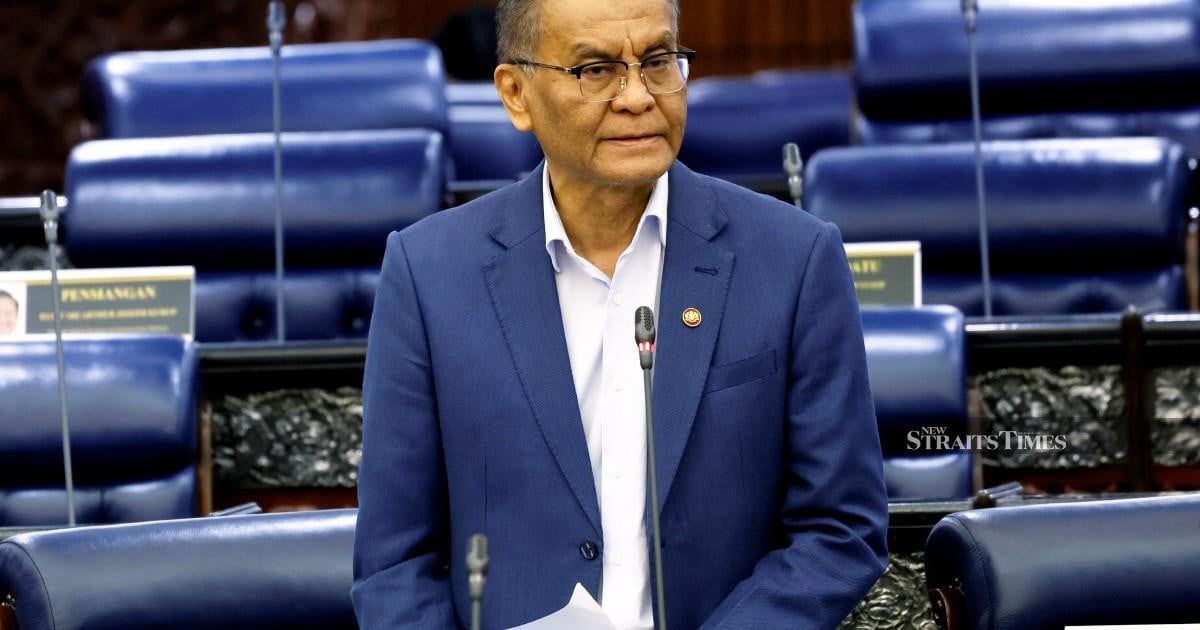By Luqman Hakim
KUALA LUMPUR: Malaysia is confident it can end AIDS by 2030 through continued investment in harm reduction programmes, education and cross-sector collaborations, said Health Minister Datuk Seri Dr Dzulkefly Ahmad.
He said Malaysia’s harm reduction approach — which includes needle exchange and methadone programmes — has proven effective, reducing HIV infections by half since 2002.
“Despite the initial pushback and stigma, harm reduction has now gained wider acceptance, even among the Malay-Muslim community,” he said after attending the Red Ribbon Gala organised by the Malaysian AIDS Foundation (MAF).
Dzulkefly said the concept of harm reduction is consistent with Islamic principles, particularly the Maqasid Syariah (objectives of Islamic law), which emphasise the preservation of life and mental health.
“With greater investment from the government, NGOs and corporate bodies, and with better-trained personnel, I am convinced that, God willing, we can end AIDS in Malaysia by 2030,” he said.
Meanwhile, MAF chairman Professor Datuk Dr Adeeba Kamarulzaman said pre-exposure prophylaxis (PrEP) — a preventive HIV medication — must be scaled up as the next step in the country’s HIV prevention efforts.
“PrEP is controversial but scientifically proven across the world. If we want to reduce or even eliminate HIV, this is one of the key tools,” she said.
Dr Adeeba said Malaysia has made significant progress in implementing harm reduction initiatives such as methadone therapy and needle exchange programmes, as well as ensuring effective access to treatment.
“All these components need to come together,” she said.
Responding to a question on whether sex education remains a taboo subject in Malaysia, Dr Adeeba said it can be implemented effectively and respectfully, even in a conservative society.
“It can be done in an age-appropriate manner, and all of this is evidence-based.
“When we first introduced the needle syringe programme, many feared it would increase drug use — but evidence showed the opposite.
“It’s the same with sex education. The absence of it causes more harm — from HIV infections to teenage pregnancies and other sexually transmitted diseases,” she said.
Dzulkefly echoed her view, stressing that harm reduction is rooted in the Islamic imperative of saving lives.
“The preservation of life and mental health are among the highest objectives of the Maqasid Syariah, and scholars worldwide now recognise the importance of harm reduction,” he said.
During his speech at the Gala, Dzulkefly announced that the government has increased the annual allocation for MAF’s Differentiated HIV Services for Key Populations (DSHKP) programme to RM8 million beginning this year.
“On top of that, each year, the government invests more than RM80 million to sustain life-saving HIV treatment and support services nationwide.
“This enhanced support ensures continuity as we move towards domestic financing, following Malaysia’s gradual transition from the Global Fund,” he said.
© New Straits Times Press (M) Bhd






